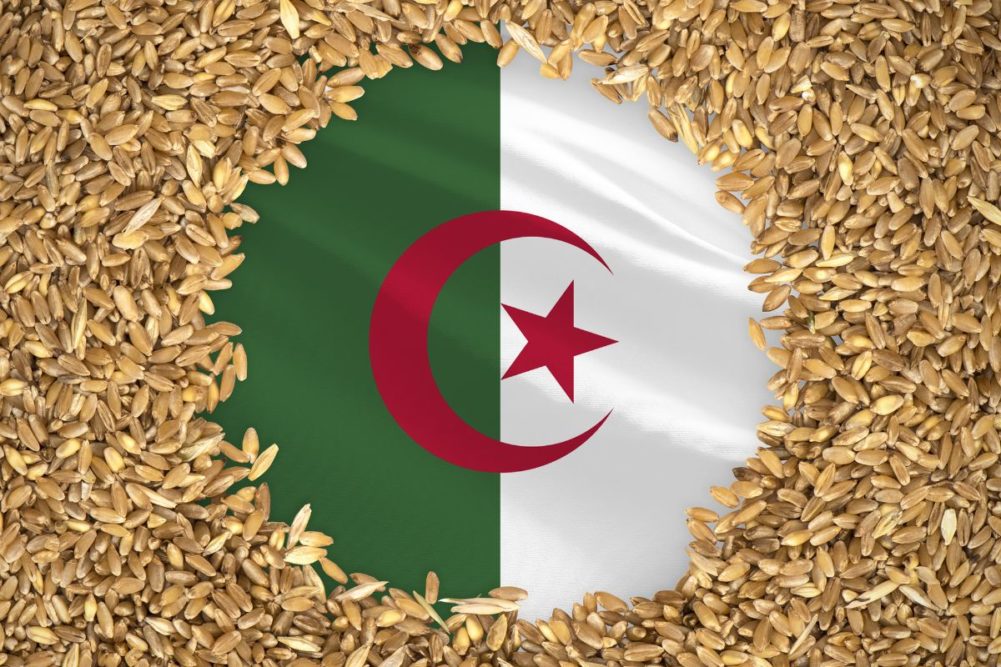ALGIERS, ALGERIA — Algeria’s wheat and barley growing areas are suffering through a second consecutive year of below-average moisture, leading to a cut in the country’s production for marketing year 2023-24, according to a Global Agricultural Information Network report from the Foreign Agricultural Service (FAS) of the US Department of Agriculture.
Given the unfavorable outlook due to ongoing drought and heat, FAS Post Algiers has revised production forecasts in the current marketing year down to 2.7 million tonnes for wheat and 1.02 tonnes for barley. In 2022-23, the North African nation is estimated to have produced 3.3 million tonnes of wheat and 1.4 million tonnes of barley.
Algeria continues to purchase a large quantity of wheat to bolster domestic reserves. According to trade reports, the Algerian Office of Cereals (OAIC) made several purchases on the international market, mostly optional milling wheat (bread wheat), sourced primarily from Russia.
Given the government’s import purchasing strategy and lower domestic crop production, Post is projecting wheat imports at 8.7 million tonnes and barley imports at 700,000 tonnes in 2023-24.
“Algeria is a vital customer for EU wheat, especially from France, but Russia has been aggressively expanding its grain presence in the Algerian market,” the FAS said.
Barley consumption estimates of 1.75 million tonnes reflect 1.5 million tonnes destined for animal feed because of the unfavorable crop outlook. Algeria is one of the world’s largest users of wheat, and consumption is forecast at 11.2 million tonnes, in line with recent years.





